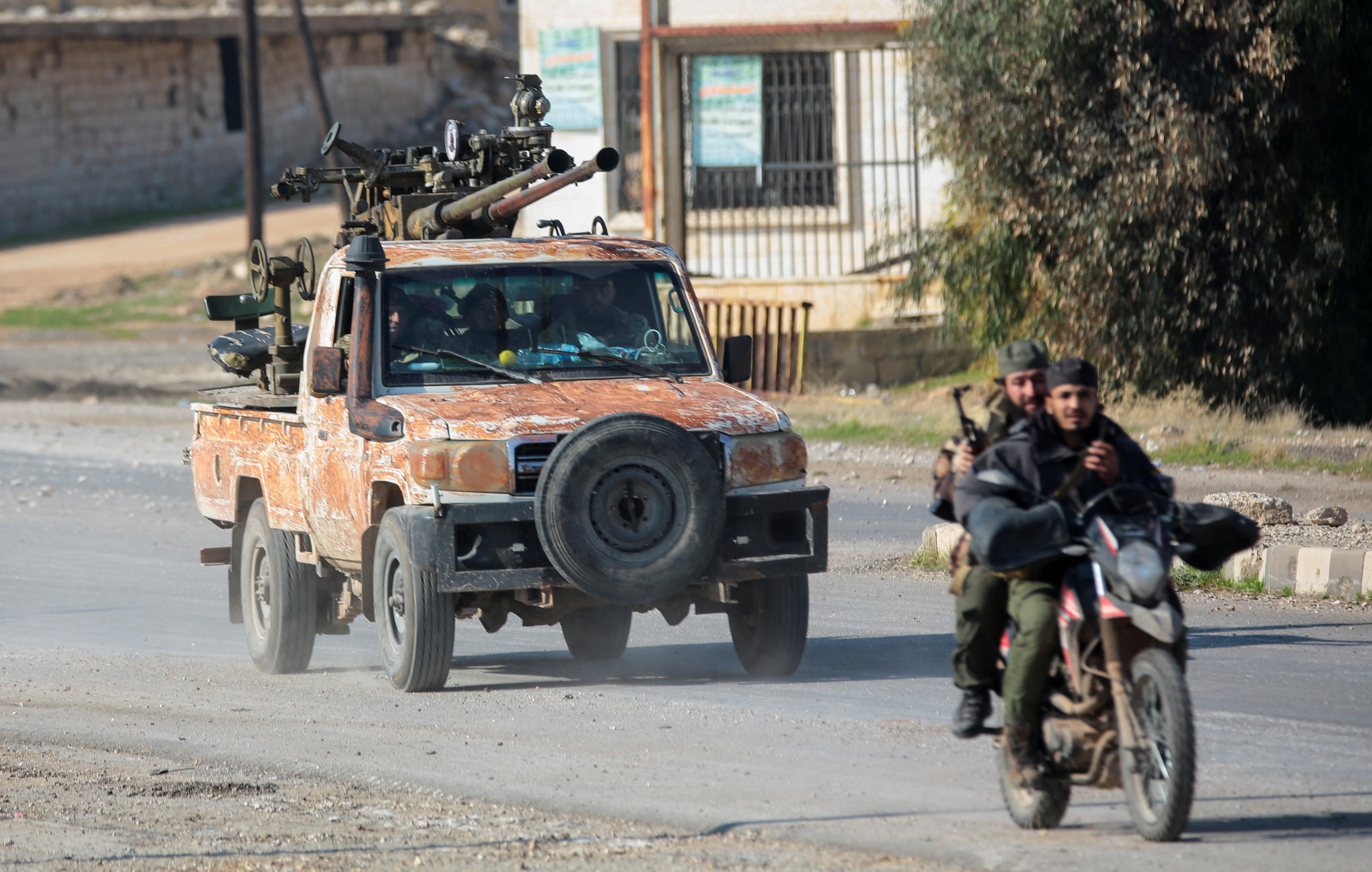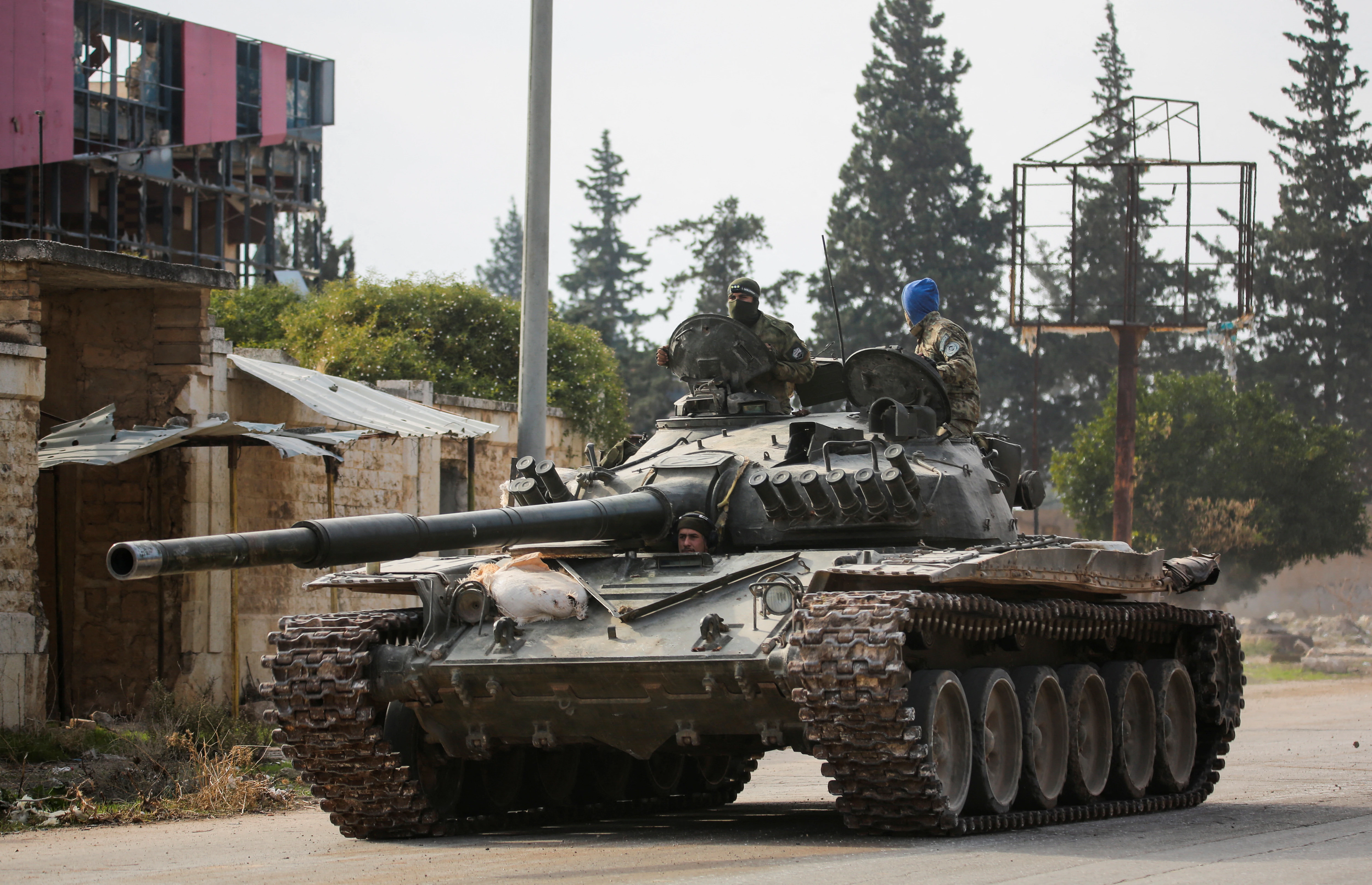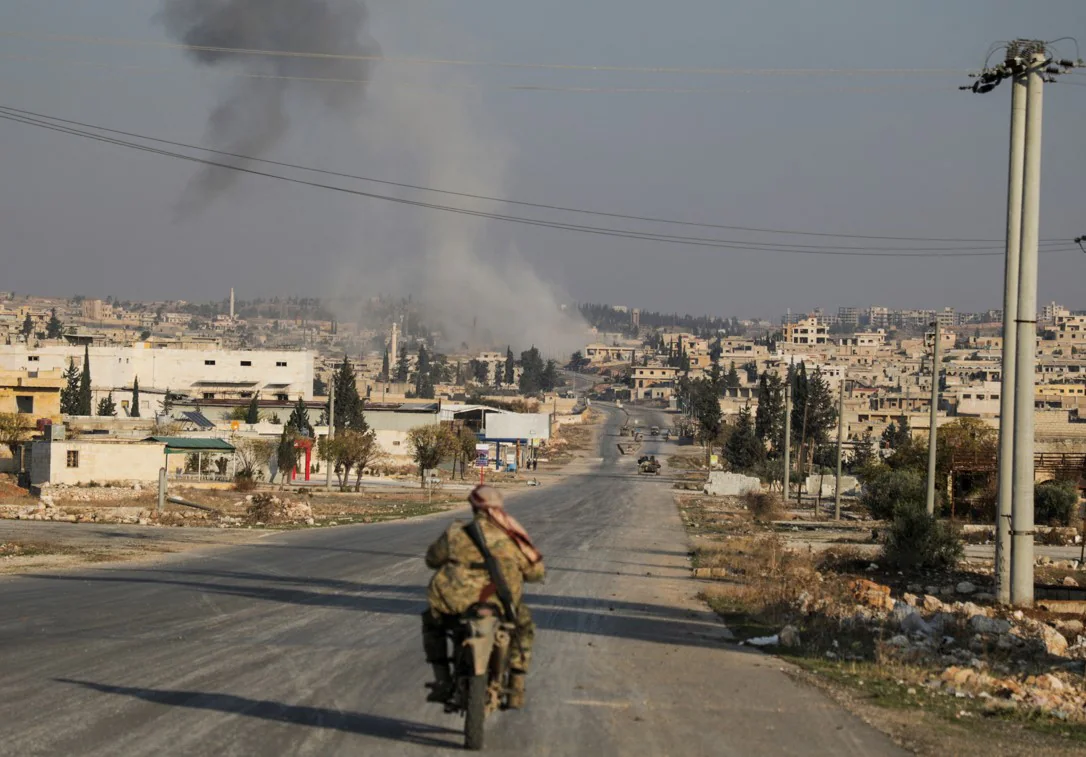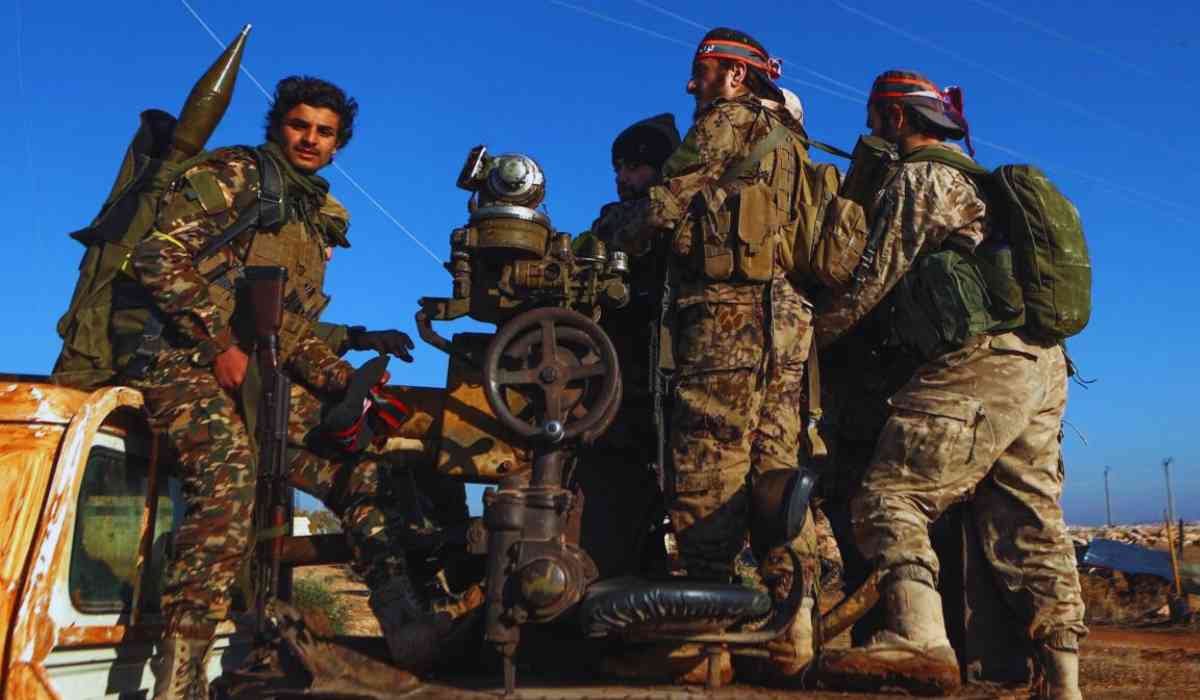What's Going on in Syria?
Syria has reached a boiling point after years of relative calm. Rebel groups have launched an offensive in Aleppo, a city that was once a bustling center of trade and culture. This is the first time in eight years that rebels have made significant advances into this key area, which has been under government control since 2016.

Why Is Aleppo Important?
Aleppo is a strategic city, some 350 kilometers from Damascus. Before the war, its population was about 2.3 million. During the civil war, intense fighting took place in the city, including when rebels captured its eastern part in 2012. However, four years later, with the support of Russia, government forces recaptured the city, leaving devastation and misery in its wake.
The new rebel offensive is to regain territory and challenge Assad's authority. If it succeeds, it will bring back urban warfare and destabilize the region further.
Who Are the Rebels?
The most significant force driving the present attack is Hayat Tahrir al-Sham (HTS). This organization began as a splinter from al-Qaida and has developed a facade of focusing on governance within the regions it holds. However, despite these attempts at a more moderate face, it remains on most countries' lists of terrorist organizations.
HTS is joined by other factions backed by Turkey, creating a confusing situation where different groups at times clash with each other although their aim is the same, that is, to oppose Assad.

What Do They Want?
The rebels say their attack is essential to safeguard civilians from persistent aerial bombardment by the government. They want to:
- Stop the airstrikes on civilian territories.
- Retake captured territory.
- Block supply lines to the government.
- Their early victories include taking several villages and strategic locations around Aleppo.
How Is the Assad Regime Responding?
The Syrian military has conducted airstrikes on opposition-held areas as a response to the rebel advances. Government forces claim they are inflicting heavy losses on rebel fighters, but reports indicate that civilian casualties are rising as well.
Iran, too, has lost during this attack. This is the most illustrative example of regional wars being interconnected.

Regional Impact
This is also at a time when Iran and its allies are otherwise involved in a few other conflicts, mainly with Israel over Hezbollah and Hamas. The situation is compounded by Russia's war effort in Ukraine, which ties its hands from supporting Assad appropriately. The humanitarian situation is appalling for the civilians trapped within this conflict. It is common to see families sheltered more than once in overcrowded camps without adequate diets or medical services.
Tense Equilibrium
While Assad's regime holds much of Syria, the vulnerability in his administration has finally been exposed. Increased violence could lead to a more serious threat of ISIS-like groups and instability across the Middle East.
With inputs from agencies
Image Source: REUTERS
© Copyright 2024. All Rights Reserved Powered by Vygr Media.
























